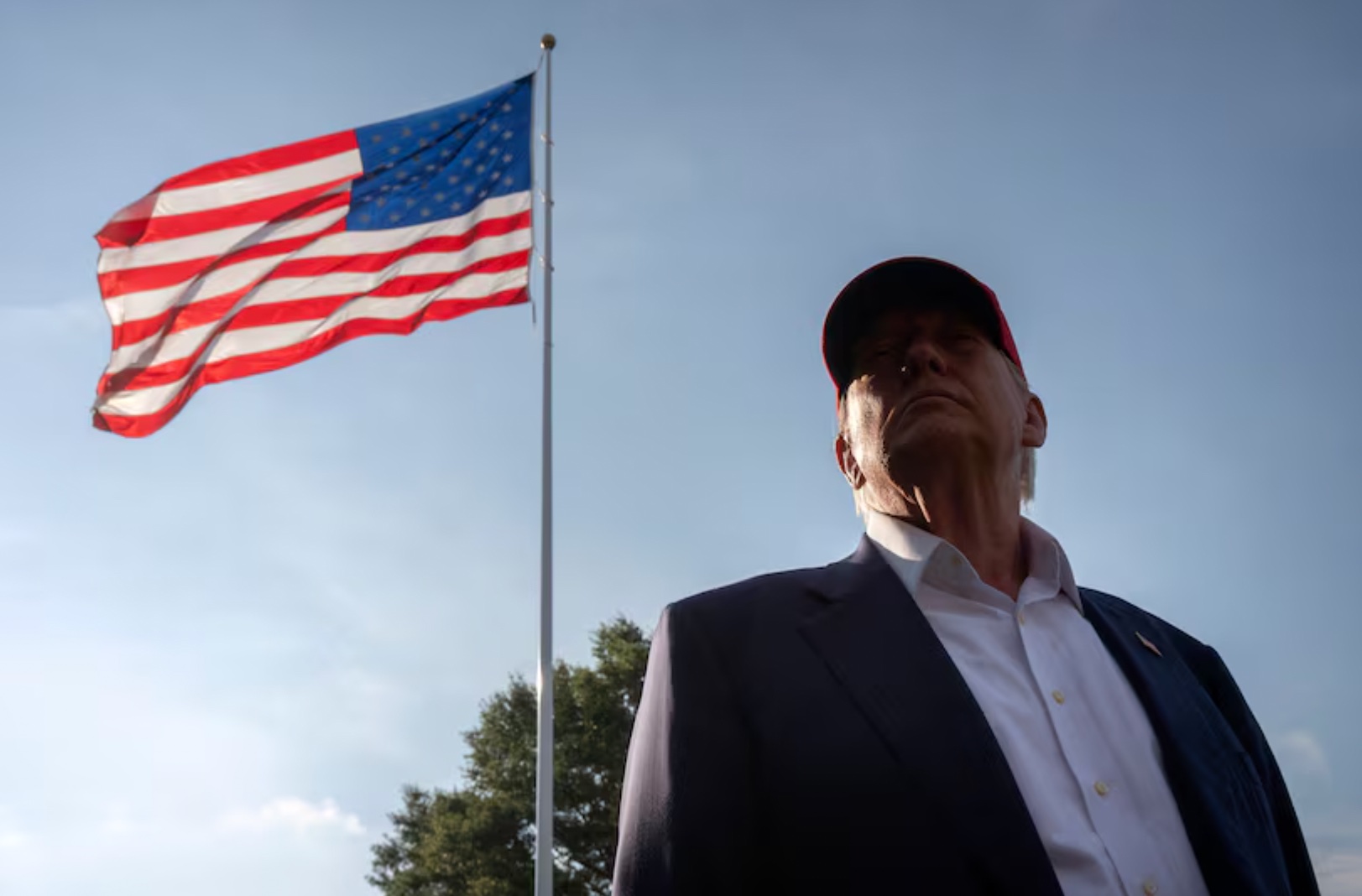CFR: The Unlikely Biden-Trump Throughline on Cuba

In a blog post for the Council of Foreign Relations, Will Freeman analyzes President Trump’s June 30 presidential memorandum on Cuba policy, arguing that despite tough rhetoric, it represents more continuity than change from previous administrations. Freeman traces remarkable consistency across Trump’s first term, Biden’s presidency, and Trump’s return – all maintaining the embargo while making limited accommodations for Cuba’s private sector.
The most significant departure under Trump II concerns Cuban immigration rather than foreign policy. Trump ended Biden’s humanitarian parole program that legally admitted over 100,000 Cubans, pushing newly resettled Cubans into undocumented status. The June memo appears designed to appease alienated Cuban-American supporters through “ideological signaling.”
Freeman identifies Cuba’s military-controlled conglomerate GAESA as central to the regime’s economic power, capturing a significant share of foreign investment and hard currency. While various factions within Cuba’s communist party debate market reforms as necessary for regime survival, the military faction remains dominant over the struggling private sector.
The key innovation in Trump’s approach involves potential secondary sanctions on foreign companies doing business with GAESA or Cuban military-linked entities, particularly targeting Western firms. However, the author warns these sanctions could deepen Cuba’s economic crisis, drive migration, or inadvertently increase Chinese influence while unlikely to produce political liberalization.
Ricardo Herrero of the Cuba Study Group provides crucial analysis on the practical implications of Trump’s secondary sanctions threat:
“Meliá (a Spanish tourism company that owns over 30 hotels in Cuba and has dealings with GAESA) won’t immediately pull out…but there will be a chilling effect on any new foreign firms looking to do business with GAESA or the Cuban military.”
Herrero explains the evolving business landscape: “For two years, Spanish firms have sought to reduce their direct dealings with Cuban state enterprises, looking instead to partner with private sector companies.” He argues that the Trump administration’s leverage through secondary sanctions threats may encourage more third-country firms to follow this pattern of shifting away from direct state enterprise partnerships toward private sector collaboration.
Read the full article on the Council on Foreign Relations website.
Photo credit: Mark Schiefelbein / Associated Press
VIEW ORIGINAL ARTICLE